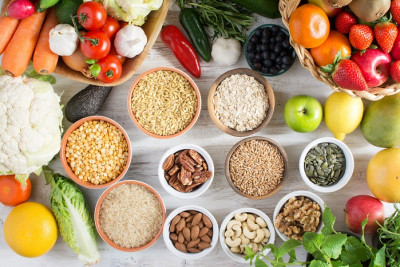EU lowers limits for heavy metals cadmium and lead
Aug 26, 2021
The European Commission has set new maximum levels for lead and cadmium in baby food, food supplements and a range of other food products. Measures will apply beginning August 30 for limits of lead and a day later for cadmium.
You can review the amendments at https://lnkd.in/dncDePrp (cadmium) and https://lnkd.in/d7z8Uwuc (lead).

Cadmium is emitted into environment through industrial processes. It can remain in soils forseveral decades and is taken up by plants, thus entering the food/feed chain. Increased amounts of cadmium are found in molluscs and crustaceans, lower amounts in cereals, grains, mushrooms, fruits, and leafy vegetables. Animal foods of concern include the liver and kidneys of pigs and cattle.
Lead is a carcinogenic metal that enters the environment mainly through industrial emissions. Cereals and herbs can contain high levels of lead. Lead can also be transferred to animal foods via contaminated plant feed. Lead reduces the amount of haemoglobin in erythrocytes, leading to anaemia, and damages the peripheral and central nervous system.
To help our clients meet the legislative requirements, we determine a wide range of detectable metals and mineral elements including cadmium and lead, As, Hg, inorganic S, Ca, P, Mg, Na, Fe, Cu, Se or K.
Apart from the state-of-the-art facilities, we offer:
- evaluation of the results by our highly skilled professionals,
- user-friendly logistics via ALS-DHL Express Service,
- rapid turnaround and
- GMP+ protocol for feed.
Heavy Metals leaflet to download
For information on contaminant analyses, please contact us at czsupport.food@alsglobal.com.

